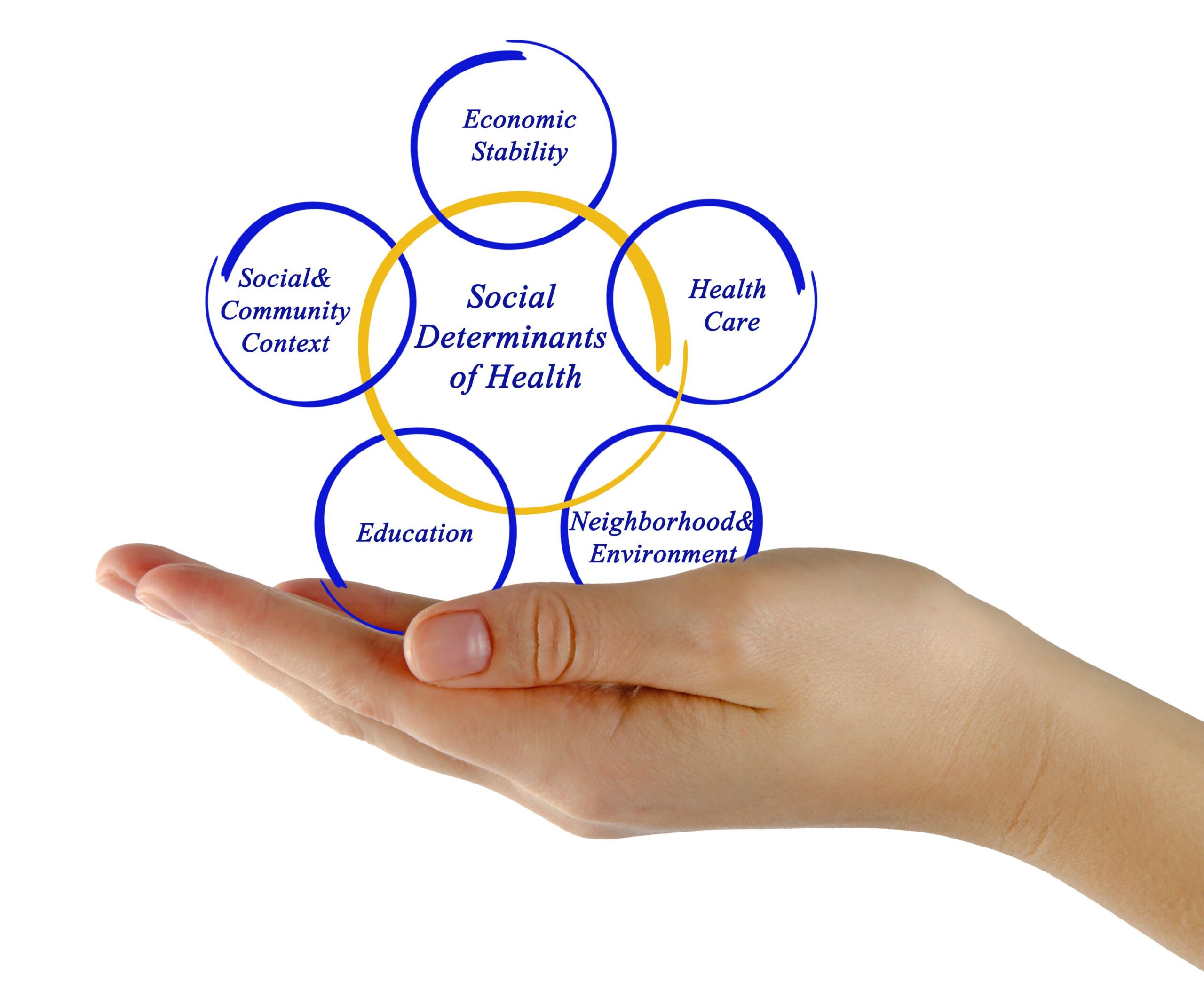Introduction:
In the pursuit of equitable and inclusive healthcare, the focus has shifted towards recognizing and addressing the social determinants of health (SDOH). This article delves into the critical role of Screening for social determinants of health, exploring its significance, methodologies, and the potential to bridge health inequities. As healthcare systems strive to move beyond the traditional biomedical model, screening for SDOH emerges as a key strategy to better understand and address the root causes of health disparities, fostering a more comprehensive and patient-centered approach.
Defining Social Determinants of Health:
Social determinants of health encompass the conditions in which individuals are born, grow, live, work, and age. These non-medical factors profoundly influence health outcomes and contribute to health disparities. Key determinants include socioeconomic status, education, employment, social support, and access to healthcare services. Recognizing the interconnectedness of these factors is essential in understanding the broader context of an individual’s health. Screening for SDOH involves assessing patients for these social factors to identify potential barriers or facilitators that may impact their well-being. By addressing these determinants, healthcare providers can tailor interventions that go beyond traditional medical treatments, creating a more inclusive and holistic approach to healthcare.
The Screening Process and Implementation Challenges:
Implementing screening for SDOH in healthcare settings involves integrating systematic assessments into routine clinical practice. Screening tools may include questionnaires or electronic health record prompts to gather information on patients’ social circumstances. However, challenges such as the sensitivity of questions, patient reluctance to disclose personal information, and time constraints in busy clinical settings can impede the effective implementation of SDOH screening. Healthcare providers must navigate these challenges while fostering an open and non-judgmental environment to encourage patients to share critical information related to their social determinants of health. Collaboration with social workers, community organizations, and policymakers is crucial in developing comprehensive strategies to address the identified social factors.
Addressing Inequities through Targeted Interventions:
The information gathered through screening for SDOH serves as a roadmap for healthcare providers to develop targeted interventions that address the specific needs of individuals and communities. For example, if housing instability is identified as a significant determinant, healthcare providers can collaborate with social services to connect patients with housing assistance programs. By tailoring interventions to address the root causes of health disparities, healthcare systems can effectively break down barriers to accessing care and improve health outcomes. This approach is particularly vital in reducing health inequities among vulnerable populations who may face systemic challenges in achieving optimal health.
Policy Implications and the Role of Advocacy:
The integration of screening for SDOH into routine healthcare practices also has broader policy implications. Policymakers play a crucial role in advocating for and implementing policies that support the incorporation of SDOH screening tools, ensuring standardized approaches and equitable access across diverse communities. Advocacy efforts should aim to address structural and systemic issues contributing to health disparities, such as income inequality, educational disparities, and limited access to healthy food. By shaping policies that prioritize social determinants of health, policymakers contribute to creating a healthcare system that is not only reactive but also proactive in addressing the root causes of health inequities.
The Future of Healthcare: A Holistic Approach to Wellness:
As healthcare continues to evolve, the emphasis on screening for social determinants of health represents a pivotal shift towards a more holistic approach to wellness. Moving beyond the confines of traditional medical models, this approach recognizes the influence of social, economic, and environmental factors on health outcomes. The future of healthcare lies in fostering collaboration between healthcare providers, communities, and policymakers to create a comprehensive and inclusive system. By prioritizing the identification and mitigation of social determinants of health, healthcare can truly become a catalyst for positive societal change, promoting equity and well-being for all.



